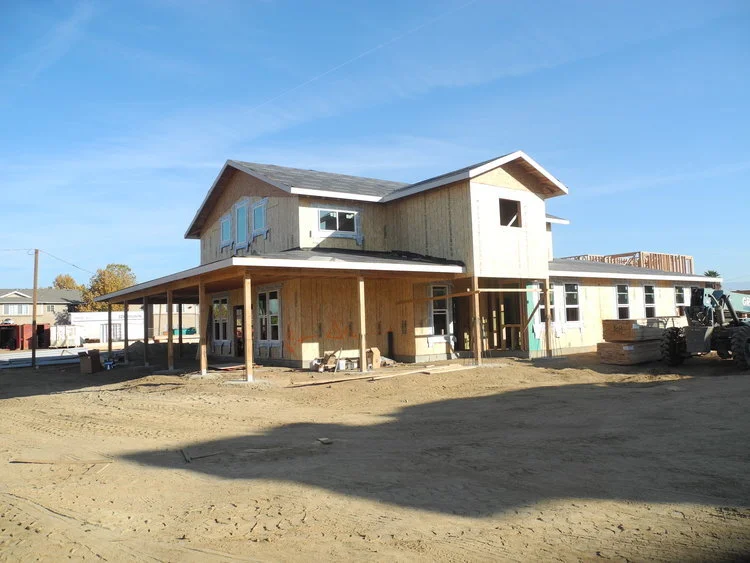California Department of Food and Agriculture
Supported by a $565,470 grant from the California Department of Food and Agriculture’s Alternative Manure Management Program, Paul Danbom of Brindeiro & Danbom Dairy Farms in Turlock took a significant step towards improving the efficiency of his dairy operation and installed a new solid separation system. Instead of flushed manure being discharged directly into a settling pond and storage lagoon system, it is now pumped through a separator capable of capturing a large portion of manure solids, keeping that organic material from entering and decomposing in a liquid environment where it would produce methane.






















